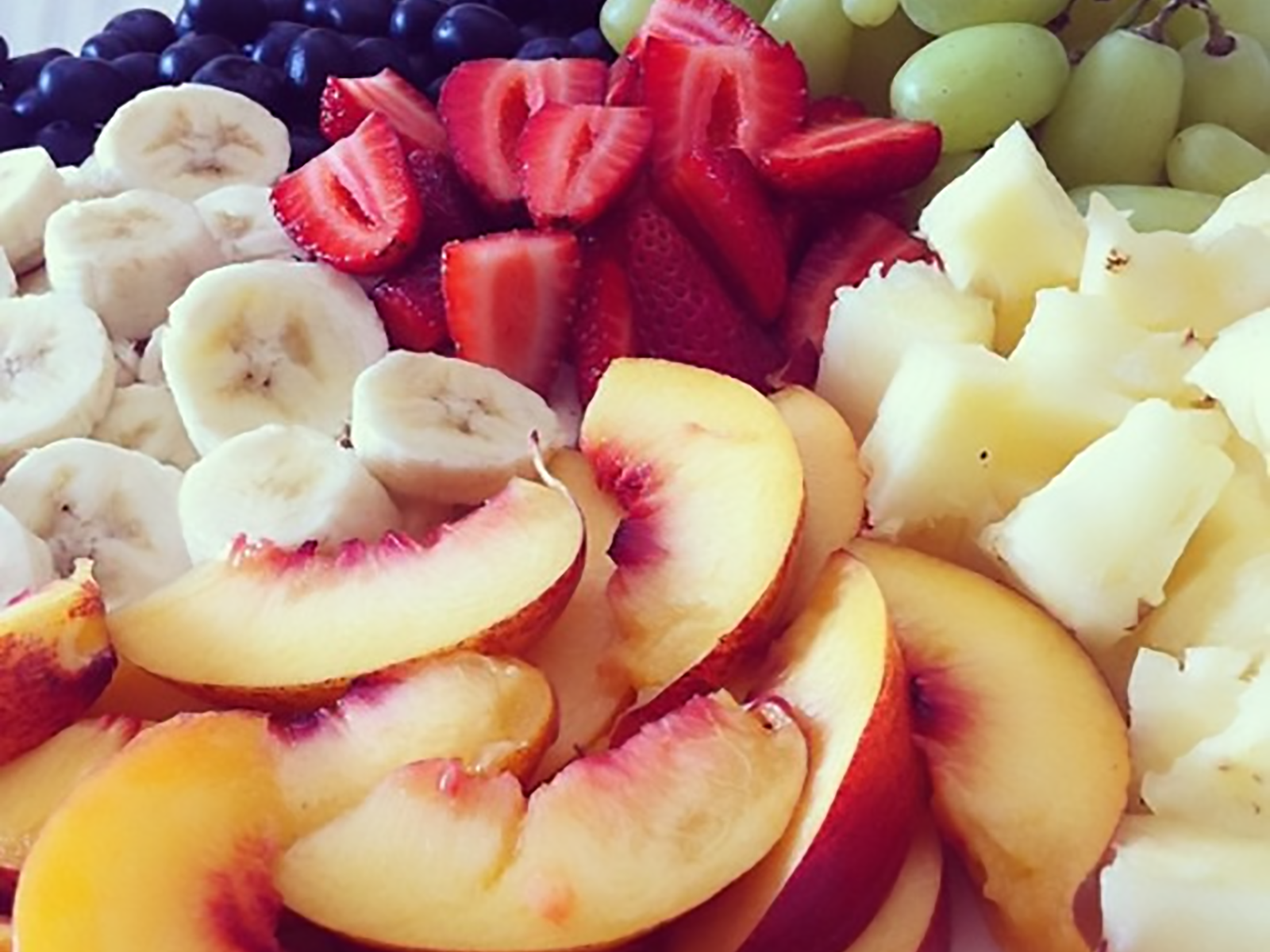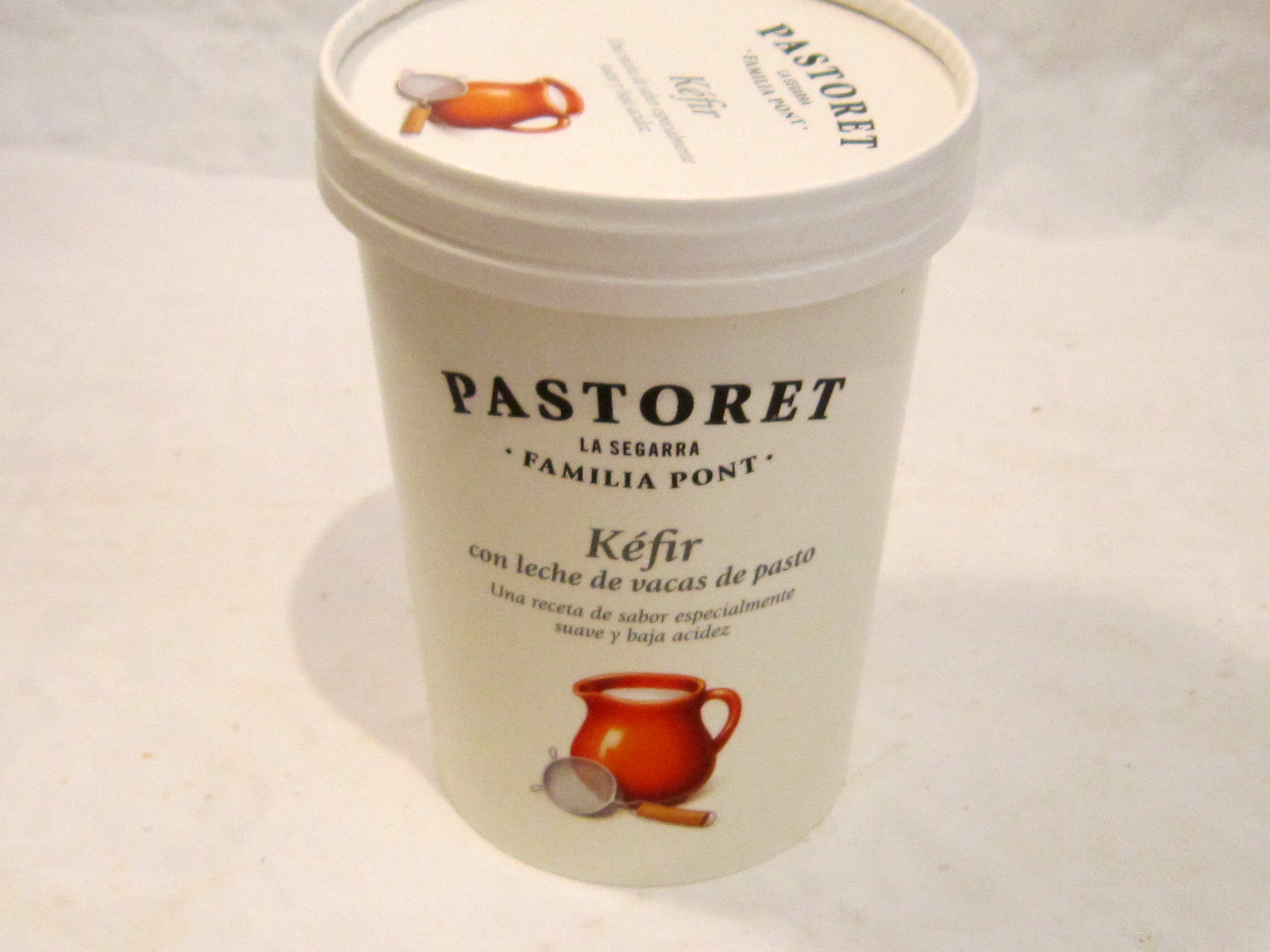Dehydration is the oldest and least costly of all forms of food preservation, with almost no loss of essential nutrition (Vitamins A and C are the only nutrients that are sometimes diminished by the dehydration process). There are many good reasons to dehydrate food.
Saves on Storage Space
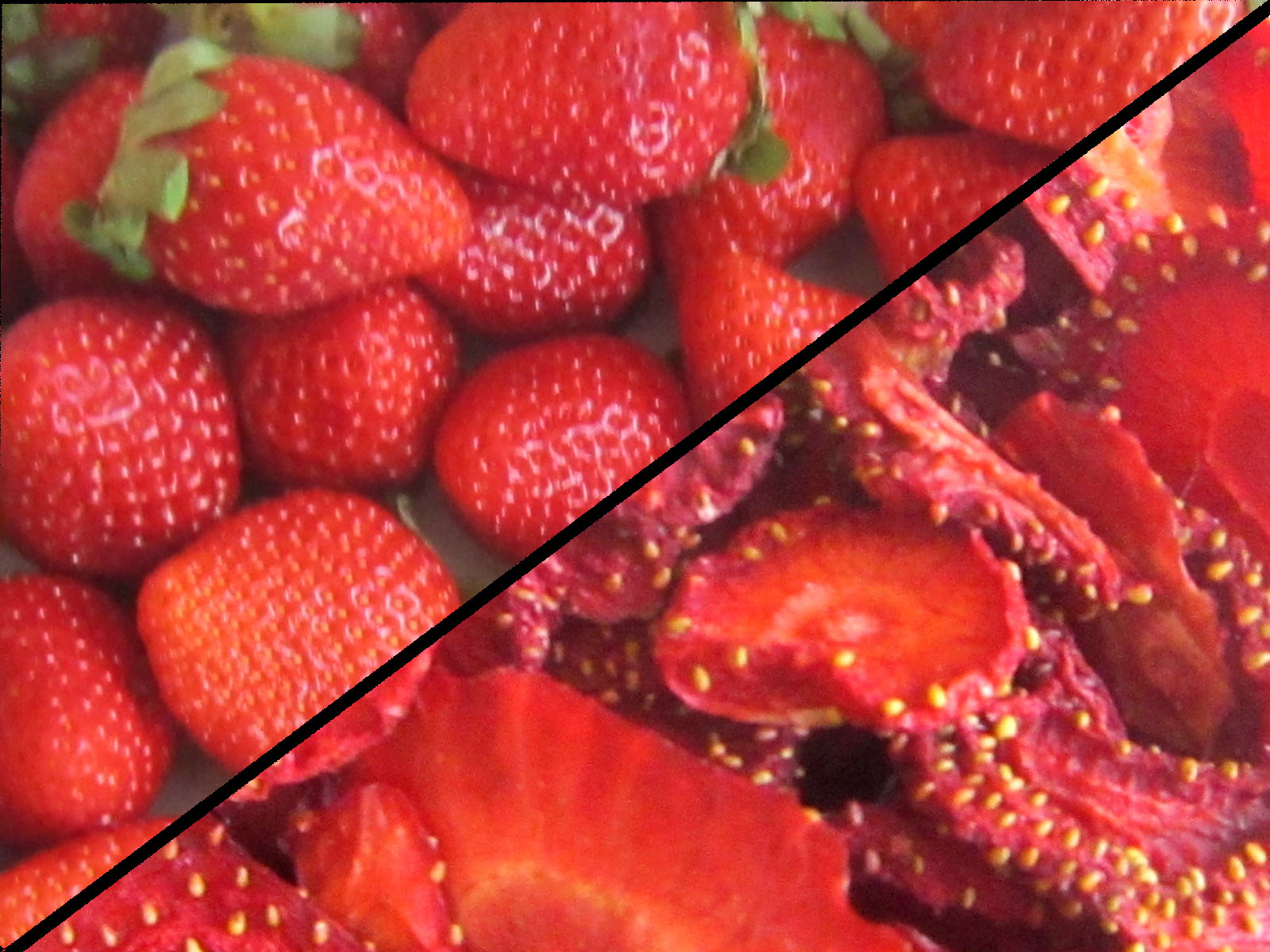 Dried foods require much less storage space than fresh produce, and do not require refrigeration. Here are some examples:
Dried foods require much less storage space than fresh produce, and do not require refrigeration. Here are some examples:
- 1 kg fresh strawberries = 60 gms dried
- 1 kg fresh apples =120 gms dried
- 1 kg fresh tomatoes = 60 gms dried
Always Available
 Fruits and vegetables are seasonal produce unless they are transported for long distances or are grown in artificially created conditions. Nutritional density (the nutrition available in the produce) declines with every mile and every minute.
Fruits and vegetables are seasonal produce unless they are transported for long distances or are grown in artificially created conditions. Nutritional density (the nutrition available in the produce) declines with every mile and every minute.
Excellent Preservation
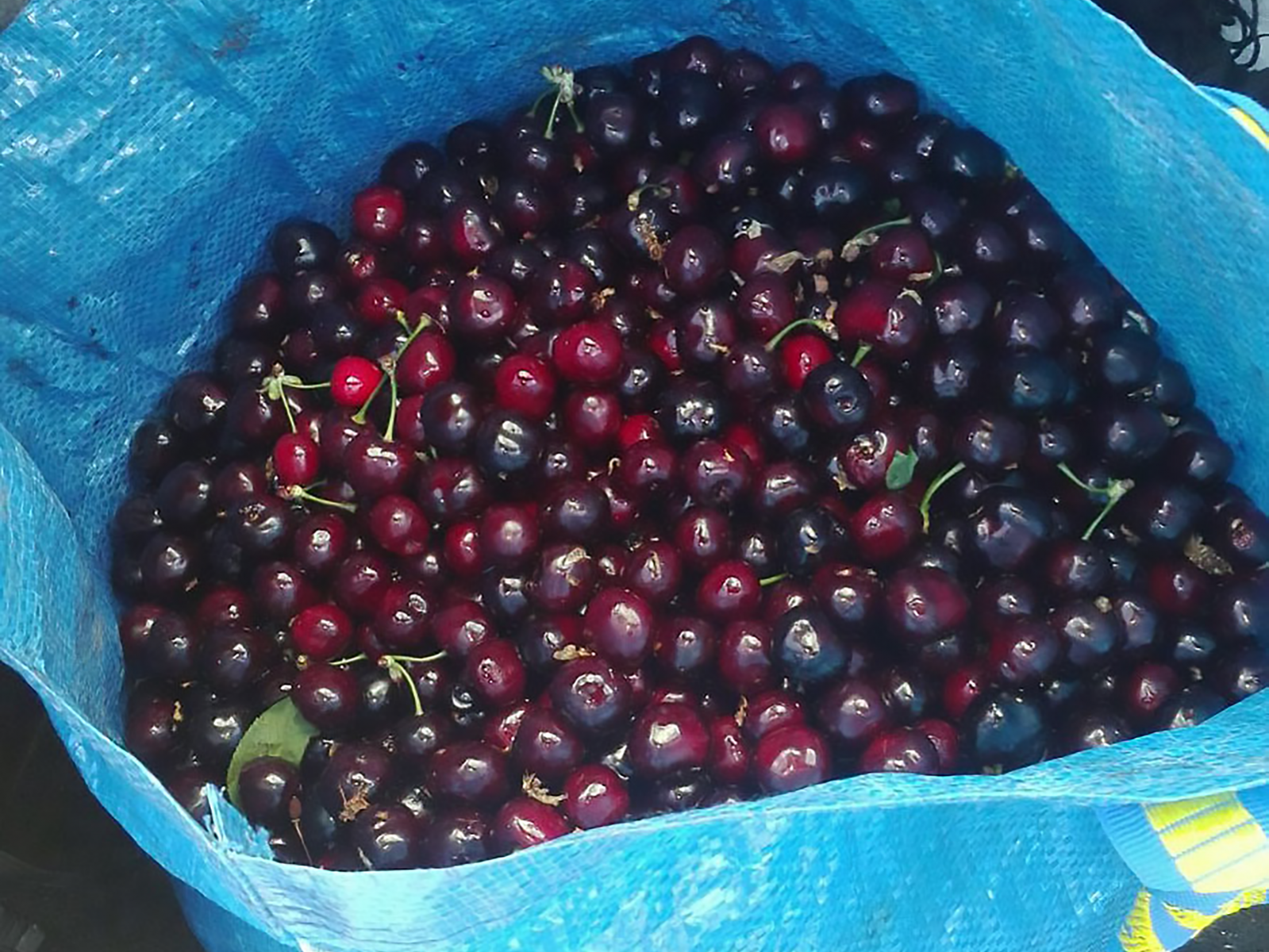 Fresh produce is at its best in terms of taste and nutrition when eaten in season, and its usually a lot cheaper as well, so being able to buy and preserve your fresh produce in bulk when in season means you can have access to naturally grown, nutritionally dense fruit and vegetables all year round.
Fresh produce is at its best in terms of taste and nutrition when eaten in season, and its usually a lot cheaper as well, so being able to buy and preserve your fresh produce in bulk when in season means you can have access to naturally grown, nutritionally dense fruit and vegetables all year round.
If you grow your own fruit and vegetables it is often impossible to consume everything before rot sets in or the season is over.
So if you find you have too much you can always dehydrate and store any excess harvest for use throughout the year.
Consider this – up t0 80% of the energy needed to maintain our food system goes to processing, packaging, transporting, storing and preparing food. Of this up to 40% is used in the production of chemical fertilizers and pesticides.
You pay those costs when you buy fresh food that is commercially grown and transported from a distance. So it makes perfect sense to grow your own!
Improves Nutrition
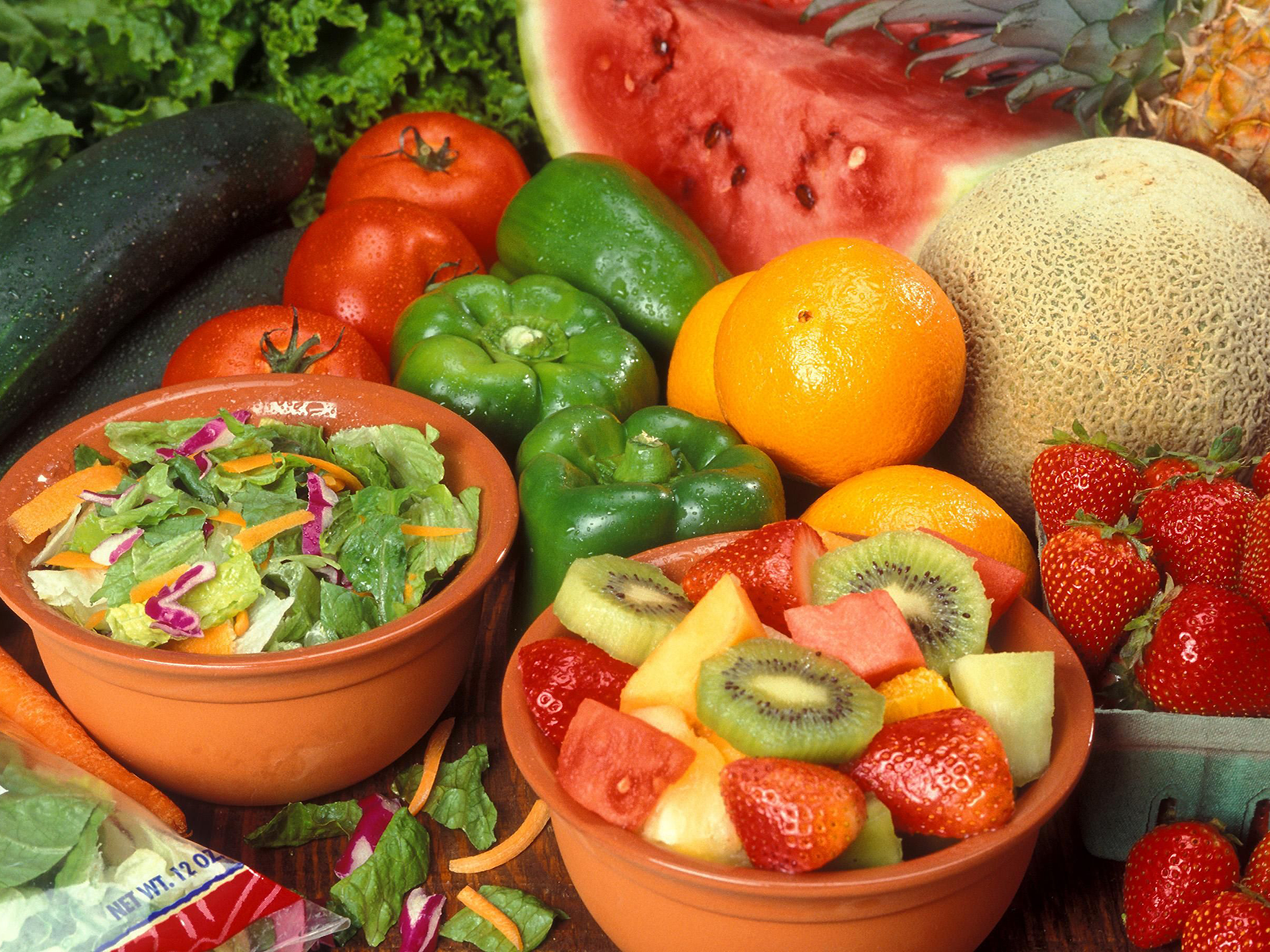 Current advice suggests that we should eat between 5 and 10 servings of fruit and veg a day. This is not always easy to do, but adding dried fruit and veg to your diet can increase the amount you take in daily without too much effort.
Current advice suggests that we should eat between 5 and 10 servings of fruit and veg a day. This is not always easy to do, but adding dried fruit and veg to your diet can increase the amount you take in daily without too much effort.
For example you can add dried fruit to your morning cereal, or sprinkle lettuce or greens powder on your sandwiches, or carry a small plastic container with dried fruit pieces in you bag to nibble on throughout the day. In this way it is possible to add between three to four portions of your daily requirements without it becoming a hassle!
Saves Money
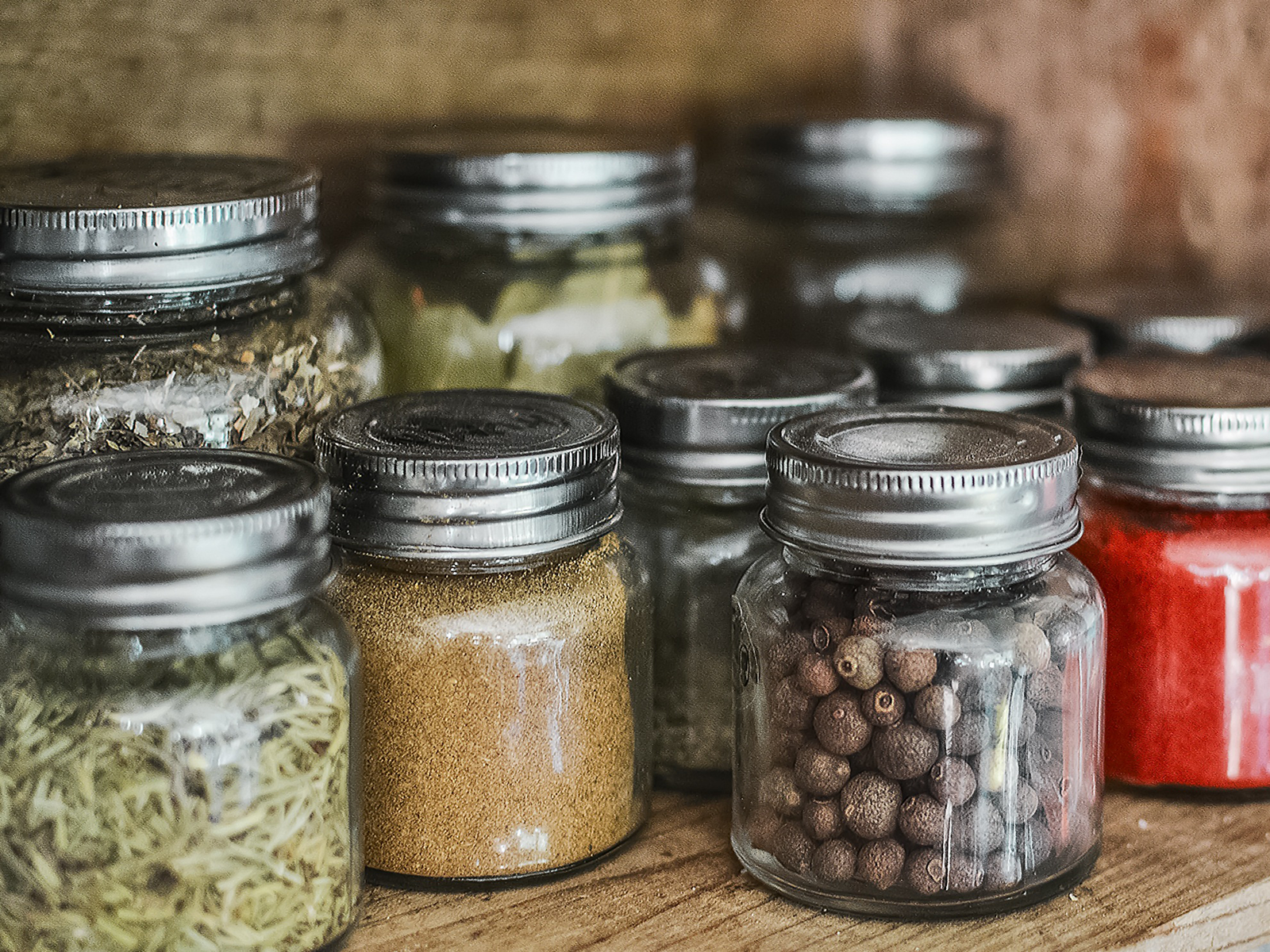 Dehydrating is less costly than both freezing and bottling as a way of preserving food. To rehydrate, simply add water!
Dehydrating is less costly than both freezing and bottling as a way of preserving food. To rehydrate, simply add water!
Once dehydrated you won’t need to freeze or refigerate your fruit and vegetables – all you need is a dark cool storage space. So not only do you save on space, but you also save on electricity.
http://www.dehydratorreview.net/articles/how-much-does-it-cost-dehydrate-food


